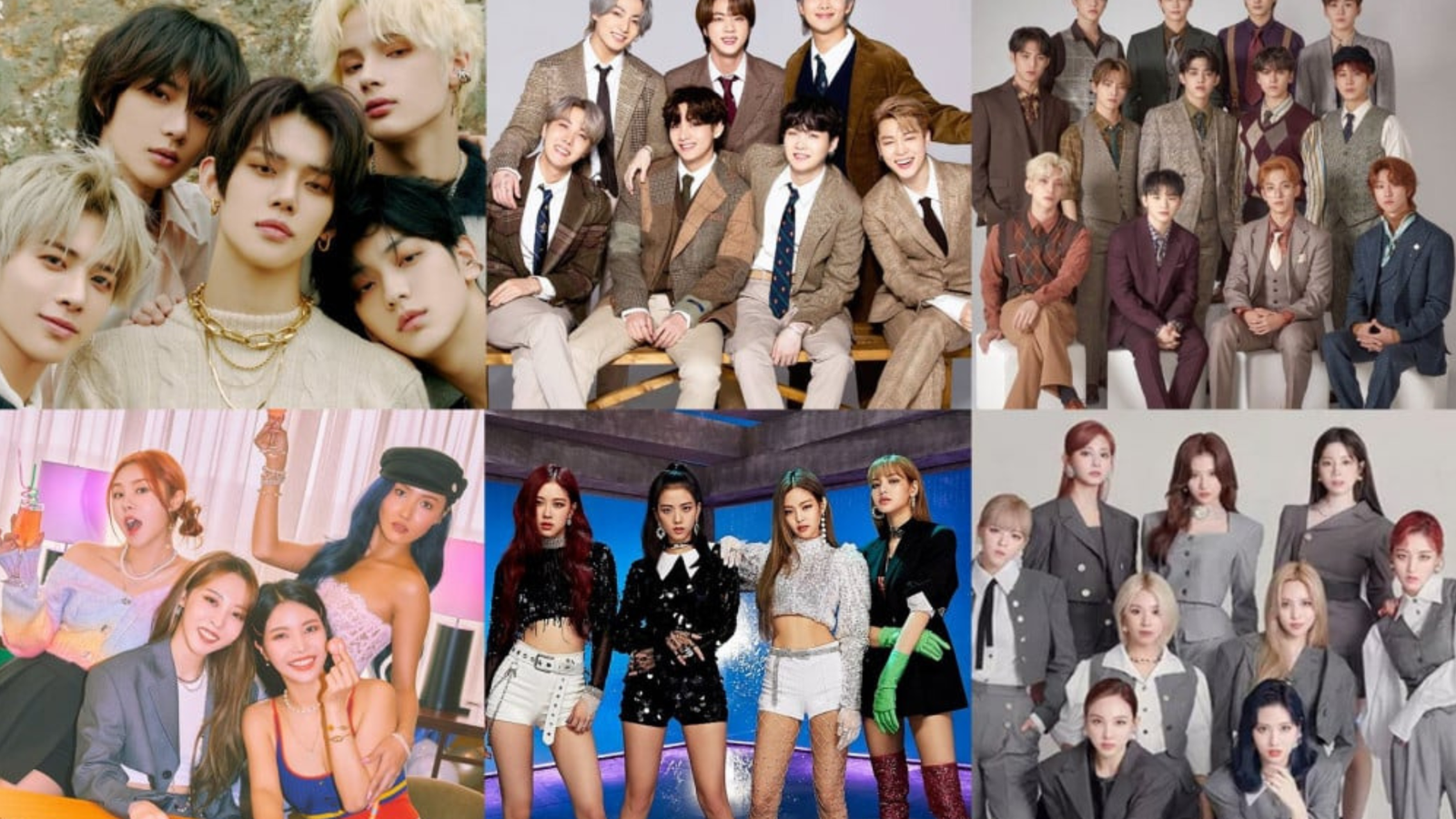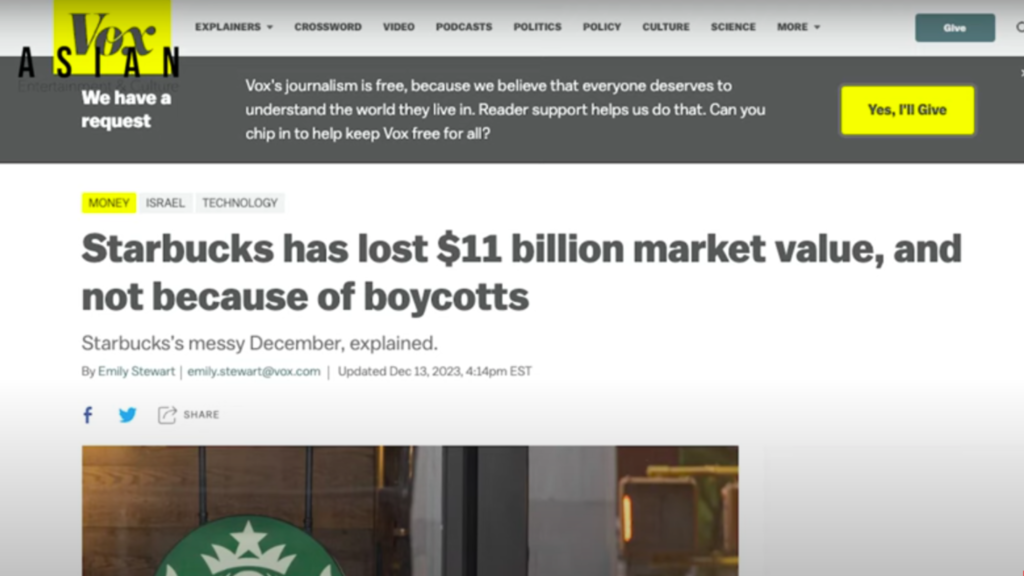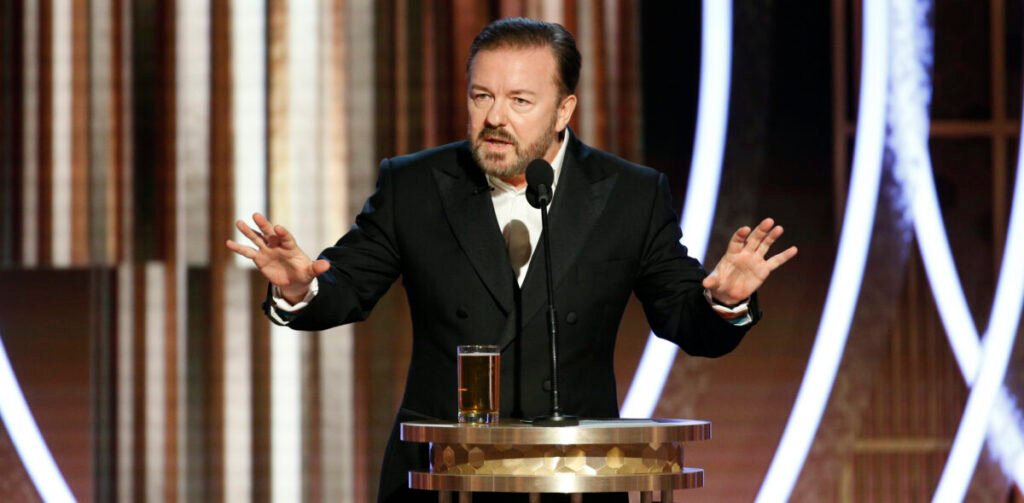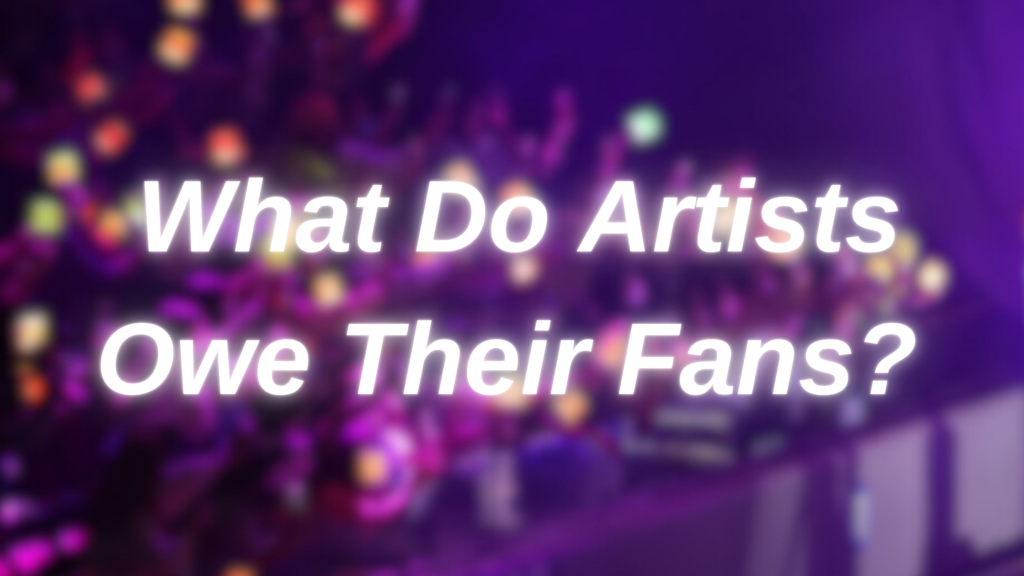The Role of Celebrities: Should They Be Morality Guides or Just Artists?

Published March 2, 2025
There’s been a lot of talk recently about whether celebrities, especially K-pop idols, should be expected to speak out on social, moral, and political issues. For example, there was a bit of drama around idols being criticized for drinking Starbucks coffee, because of its association with Israel.


One idol even had to apologize for it. This raises an important question: should artists and celebrities be held to a higher moral standard simply because they have the platform to influence millions of people?
Celebrities and Their Influence:
Certain professions—like teaching, law, and medicine—come with a moral obligation to uphold certain standards. Teachers and doctors, for instance, are expected to behave in a way that sets a good example, especially considering the impact they have on young people. Celebrities, due to their influence, face similar expectations. But is it really fair to put them under the same microscope as other professionals?
In the case of celebrities, it’s a bit tricky. Some might argue that being famous means you automatically carry a moral responsibility to influence others positively. After all, celebrities enjoy privileges and opportunities that most people don’t get. Fame often brings power and influence, and with that power comes the responsibility to use it wisely.
The Debate: Responsibility vs. Artistic Freedom:
On the flip side, some celebrities aren’t necessarily interested in being role models or political guides. Their primary focus might be on their artistic success rather than societal influence. For some, fame might not even be something they sought after—it might be a byproduct of their artistic journey. So, it’s easy to see why some might feel that they shouldn’t be expected to take on the burden of speaking out on every issue.
Here’s the thing, though: the more famous you are, the more responsibility you might have to use your platform for good. It’s a balancing act. Celebrities enjoy privileges—like getting opportunities, gaining a higher social status, and wielding influence—that many other professions don’t experience. So, in some ways, the moral responsibility they carry can be seen as a way to balance out those privileges. After all, fame without responsibility could easily lead to chaos.
Should Celebrities Speak Out on Every Issue?
But even with that responsibility, should we expect celebrities to speak on every social issue, or should we let them just do what they do best—create? We need to remember that being a celebrity doesn’t automatically make someone an expert in every topic. How many of these stars truly understand the issues they’re advocating for? How many do real research before speaking out on complex issues? Not every celebrity has the knowledge or experience to speak on sensitive subjects objectively.
Take, for example, the controversy around an actress playing Snow White.
SOURCE: YOUTUBE | Clown Fish TV
Was that a genuine change of heart, or was she pressured into saying something different? It’s hard to say, but it shows how celebrities can sometimes be caught in a situation where they’re forced to say things for their career, rather than their personal beliefs.
The Dark Side of Fame:
Let’s not forget that many celebrities, despite their public image, aren’t always as morally upstanding as they seem. Ricky Gervais, during his 2020 Golden Globes monologue, took Hollywood to task for its ties to people like Jeffrey Epstein and Harvey Weinstein. He called out the hypocrisy of the industry, exposing how much darkness hides behind the glitz and glamor.

This doesn’t mean all celebrities are bad, but it’s a reminder that fame doesn’t always equate to moral integrity.
In the end, celebrities are just people, and their job is primarily to entertain, not to guide us morally or politically. It’s great if they choose to speak out on issues they care about, but we shouldn’t necessarily look to them for guidance on every topic. It’s important to remember that their primary role is to entertain, and we should appreciate their art for what it is. We can still admire them for their craft without expecting them to be perfect role models.
So, should we demand that celebrities speak out on social issues? I don’t think we should. Everyone has the right to speak or stay silent on whatever matters to them, and celebrities are no exception. We should respect their right to make their own decisions about whether to use their platform to support a cause or not. It’s also important to remember that not all countries allow celebrities to freely express political opinions, especially places like South Korea, where celebrities often avoid publicly endorsing political candidates to stay neutral.
What matters most is how we, as individuals, choose to engage with these issues. Let’s take responsibility for our own actions, research the topics that matter to us, and do our part to improve our own communities. After all, if we focus on improving our immediate surroundings, the larger issues will start to fall into place.

